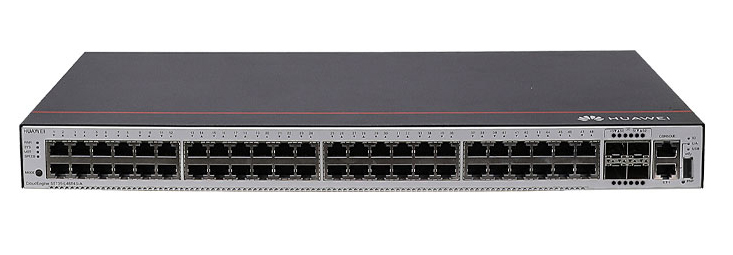































According toCisco's 2014 Connected World Technology Report, the future of work will be more flexible and collaborative than ever before. In this two-part blog series, Rowan Trollope,Senior Vice President and General Manager of Cisco's Collaboration Technology Group, explores how the IT and business landscape is changing based on this new research and how organizations can prepare. Read the first blog in the series, The Future of Work & Collaboration,here.
We are facing a generation of knowledge workers who have essentially grown-up online. Most of the future workforce will have an online presence from the day they are born -being online is as natural as breathing and its fundamental to their social and work lives. These "digital natives" also don't see a tradeoff between security and privacy: they want the access they want when they want it.
This changing tide in the workforce means that CIOs must empower the next generation of workers with the latest applications to enable them to work how they want to personally -whether that's on a corporate-owned device or not. Workers need access to the right collaboration tools at the right time; and if they don't have those tools, they'll find them on their own -outside the structure and purview of the enterprise.
For organizations to succeed in this future work environment,they will need to make information more available and open, rather than closed and broadly restrictive. They will need to make assets secure, but less private, because this workforce is also savvy about digital defense AND are okay to live their lives in public -meaning that information isn't a currency but a necessity.
CIOs who want to empower employees to be productive in this landscape are going to have to redefine their company's privacy policies. What will be required is a complete departure from the closed-door meetings and secret projects that seem to dominate today's work culture.
Throughout the course of my career, I've seen co-workers and superiors believe they will be successful by having information and not sharing it with the rest of the team. It's completely counterproductive to think of data as currency -available to be "cashed in" for upward mobility within an organization.
The people and teams and leaders that will be successful and relevant are the ones that create a culture of true, open collaboration -and this starts on the policy level.
Consider Google's unwritten policy for any employee to attend any meeting, regardless of title or role. Every meeting is an open meeting. Anyone can see the conversation content, get involved and more.
This form of openness is not just a nice thing to have. It's critical in order to stay competitive.
In this age of transparency, more collaboration and more communication results in better productivity and ultimately, a stronger bottom line. As CIOs look to reinvent their privacy policies, they should seek to give employees the agile environment they need to succeed. They need to understand there is a difference between keeping mission critical data private and assuming all data is mission critical.
For more about what CIOs can do to shed old ideas about privacy and embrace today's collaborative work environment, listen to the new Future of IT podcast episode with Maribel Lopez, Principal Analyst and Founder, Lopez Research. You can listen to the podcast episodes via iTunes.
Join the conversation,#FutureOfWork.
Additional resources:
 Tags quentes :
Internet of Things (IoT)
Internet of Everything (IOE)
IoE
Futuro do trabalho
#Colaboração
InternetofEverything
Future of IT
Tags quentes :
Internet of Things (IoT)
Internet of Everything (IOE)
IoE
Futuro do trabalho
#Colaboração
InternetofEverything
Future of IT